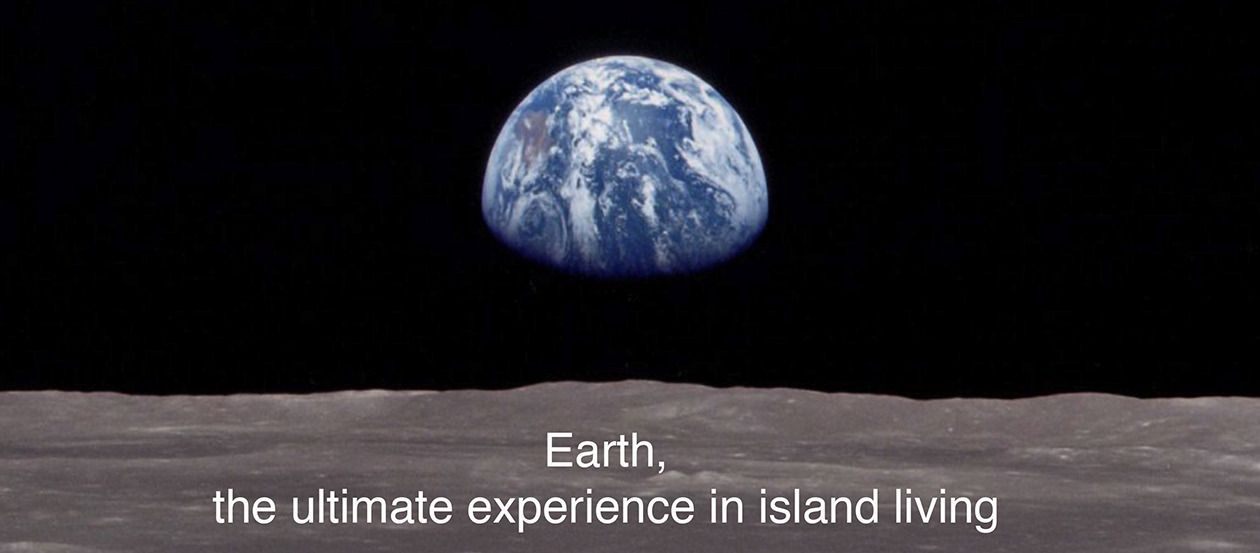Happy August 2nd, 2017, the earliest Earth Overshoot Day Ever.
This year, humanity has been able to exceed the bio-capacity of the Earth 6 days earlier than it did last year and 11 days earlier than 2015. I am well aware that many of us get anxious about big events. Sometimes we want them to come sooner because we want to enjoy them. Sometimes we want them to come simply so we can get past them. Earth Overshoot Day should never fall into either category!
In fact, Earth Overshoot Day1 is one of those days that should never happen.
We all actively, if unknowingly, participate in creating Earth Overshoot Day. We generate Earth Overshoot Day through our collective, cumulative and continuous generation of waste and pollution, as well as our financial support of disposable objects, “non-repairable” technology, excessive packaging, extensive shipping and over harvesting of resources. Coupling those activities with our unawareness or insensitivity to the implications and scale of how things are made, grown, manufactured, used and disposed creates a formula for accelerating the arrival of Earth Overshoot Day.
The long-term concern regarding Earth Overshoot Day is that every year we overshoot the bio-capacity of the planet is a year in which we reduce the ability, robustness, resilience, and bio-capacity of the Earth to support our species. The earlier Earth Overshoot Day arrives, the more risk we put on our long-term survival.
If we use the common estimates for population growth and species loss, we will add 80 million people2 while loosing 54,750 species3 in the next 365 days. That is a rapid annual increase in need/demand while suffering a major loss in biological resources. Unless we actively engage in reconceptualizing and redesigning how humanity could/can positively interact with and support/enhance the regenerative bio-capacity of the planet, Earth Overshoot Day will continue to come earlier and earlier – putting us at ever increasing risk.
Earth Overshoot Day is not really a measure of planetary health and happiness. Instead it is a measure of how well we are getting along with the planet. It is a measure of whether or not we are acting in a way that supports the continuation of our civilization. If there are no Earth Overshoot Days, then we are supporting the mechanism and systems that promote our continuation. If there are Earth Overshoot Days, then we are not. This year’s record early Earth Overshoot Day indicates that we are not saving ourselves from ourselves. And that has to stop.
We need to roll back the calendar on Earth Overshoot Day. Right now we are using 20 months of Earth bio-capacity per year. At a minimum we need to match demand with capability and thrive on 12 months of bio-capacity per year. If we want to repair the harm done by this and previous Earth Overshoot Days, then we will need to prosper on 11 months of bio-capacity per year until we make the system whole again. These changes are not as daunting as they seem. Currently 60% of our ecological footprint goes to absorbing Carbon pollution1. Getting rid of pollution and utilizing waste as a resource does most of the restoration for us. When we not only remember that all things are connected, but act in a way that supports the connections, we can say good-by to Earth Overshoot Day. And that would be a day worth celebrating.
Tim Rumage
1 http://www.overshootday.org/
2 http://www.worldometers.info/world-population/ – growthrate
3 http://www.huffingtonpost.com/2010/08/17/un-environment-programme-_n_684562.html
General Reference: http://www.footprintnetwork.org/
